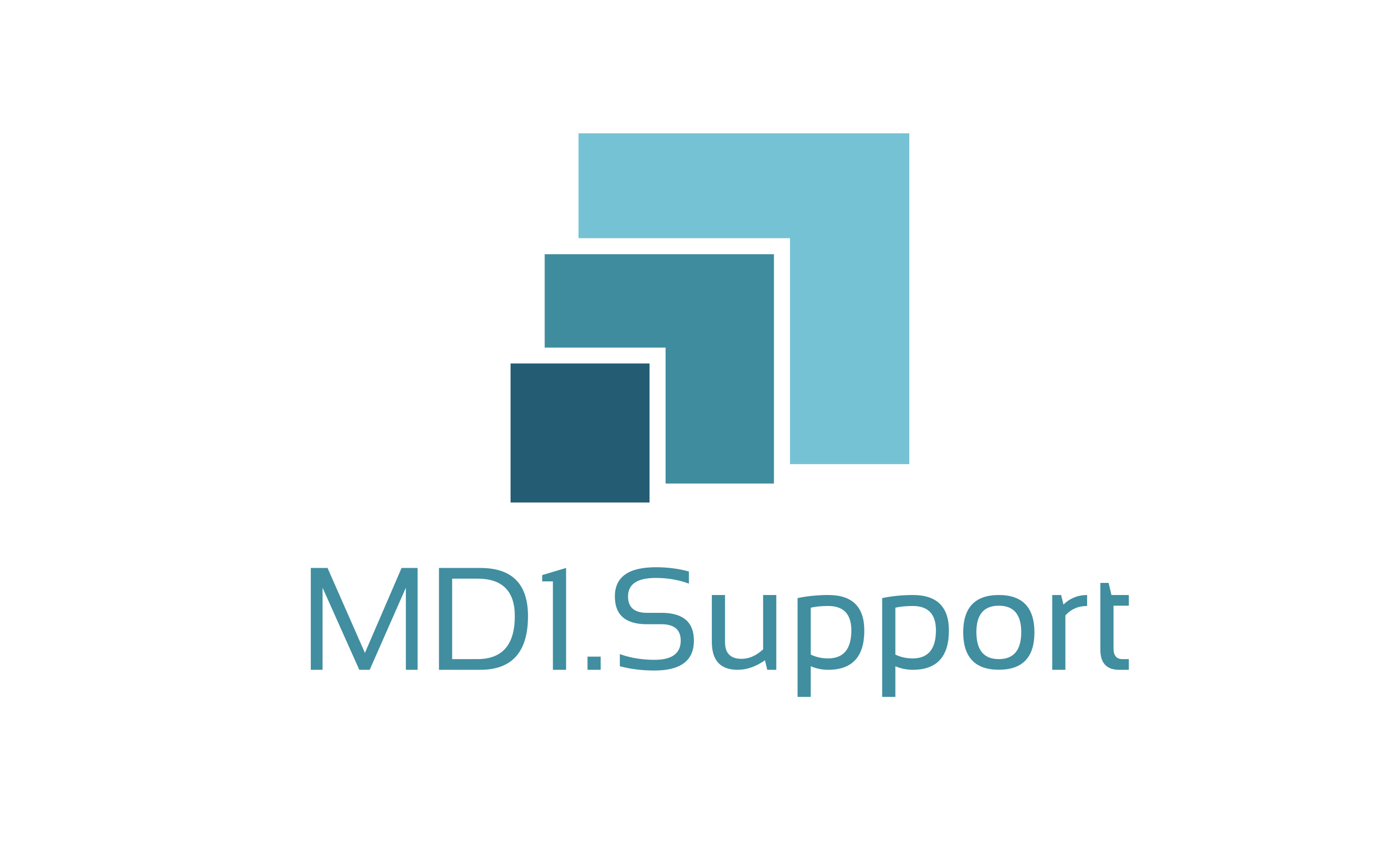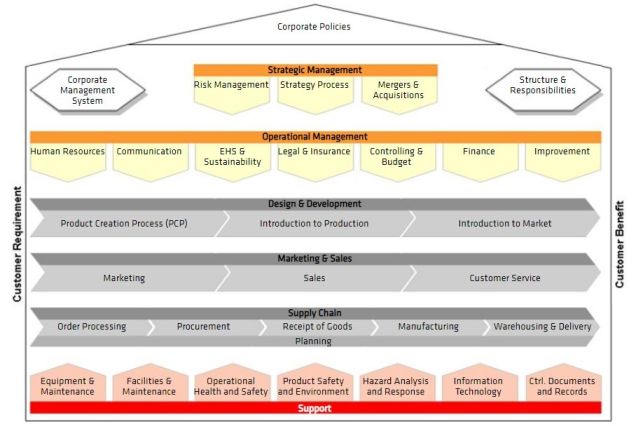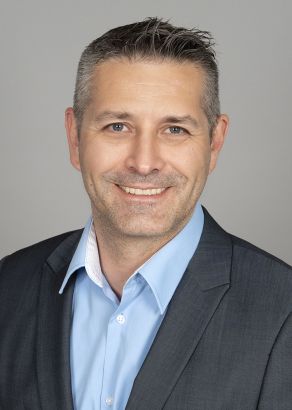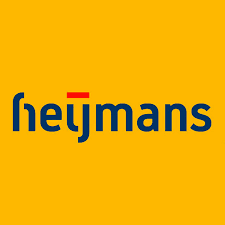Multisite certification at Heijmans
In November 2024 I had a chat with Sandra Eilers, Project Leader Quality ...
Read more

In November 2020 I* discussed with my colleague Ralph Indermaur, Head Corporate Quality Assurance, multisite certification at Sika.

Sika is a specialty chemicals company with a leading position in the development and production of systems and products for bonding, sealing, damping, reinforcing and protecting in the building sector and motor vehicle industry, and
For Sika there are various advantages of multisite certification, One of the main pros is the possibility of benchmarking across the sites involved. This allows a concerted continuous improvement by using synergies contributed from the individual sites. As not all sites are audited every year by the certifying body, significant cost savings are achieved compared to the conventional setup (annual external costs are about 60-70% lower). On the other hand, an entire multisite certificate is put at risk if one particular site fails during an external audit conducted by the certifier.
Sika has several clusters for multisite certification around the globe for ISO 9001, 14001, 45001 and 50001 with the Swiss SQS, Lloyds, SGS and Smithers in the US. In general, we could say that the auditors are well trained and motivated. But we also see differences between the certifiers. Sometimes they have different interpretations of the IAF.MD1, the standard on which certifiers are controlled by accreditation on their assessments of multisite certifications. One certifier rates an issue with a non-conformity, where it seems to be acceptable for another certifier. We experienced also differences in the agenda and the duration of the central function audits. Clearly, multisite certification is a grey zone. There is a need for discussion, sharing best experiences and guidelines as provided by MD1.Support.
Based on the MD1 an external auditor of a multisite organization should first focus on how the central function is planning and controlling the processes/activities at the sites. The lead auditor should understand the specifics of the organization
Based on this the audit agendas for both the central function and locals need to be customized to the specifics of a multisite organization. The central function audit should also be planned before the audits at the sampled sites to know the specific issues.
The centralized activities/processes to the sites should be on the audit plan. Depending on their impact they could be audited for example once in the 3 years.
The central function audits tend to focus on too detailed issues, based on the ISO standards are not always that relevant for Sika. Auditors should keep in mind that, according to the MD1, a multisite organization with multisite certification, has a single management system. This system consists of the central planning and controlling of the sites, central and local documentation, internal audits, evaluation of corrective actions and the centralized Management review. And again, clauses of the management system standards audited, could normally be addressed by the organization on local or on central level or even both, depending on the specifics of the organization.
It takes time to understand a multisite organization. For this reason, it's important that the lead auditor is in this position for a few years in a row. And of course, this auditor should also do at least some of the sampled audits to get a better understanding of the organization.
Regarding the sampled audits we see that when the lead auditor is not doing these audits, the audits tend to be more a single site audit than a sampled audit for multisite certification. Clearly, information about the multisite organization should then be transferred from the lead auditor to the local auditors. And indeed the sampled audits also require a customized agenda. For example, it doesn't make sense to have document management on this agenda. At Sika this is managed on central level.
Sika wants to benefit even more from the external audits. We challenge the certifiers and the central and local auditors in this aspect to not only thick issues from their checklists, but to focus also in understanding our multisite organization.
*) I am Quality Manager EMEA at Sika. One of my responsibilities is managing 2 rather big clusters for multisite certification. Independent from my job at Sika I manage MD1.Support with best practices on multisite certification.
See further our homepage on MD1.Support!

In November 2024 I had a chat with Sandra Eilers, Project Leader Quality ...
Read more